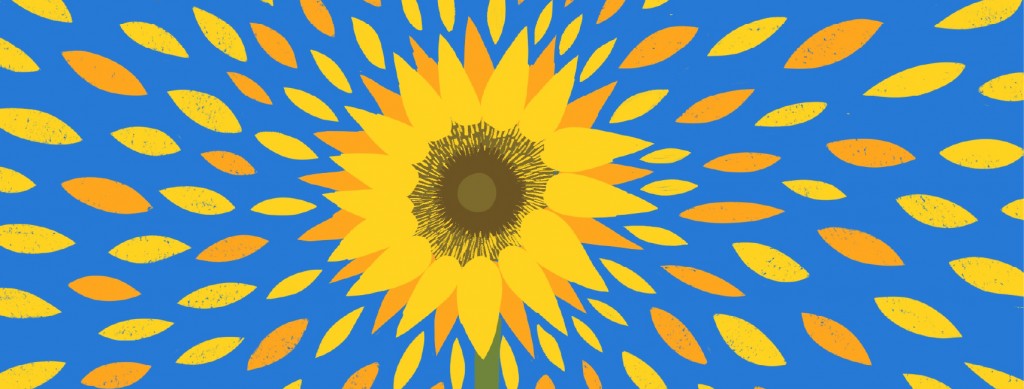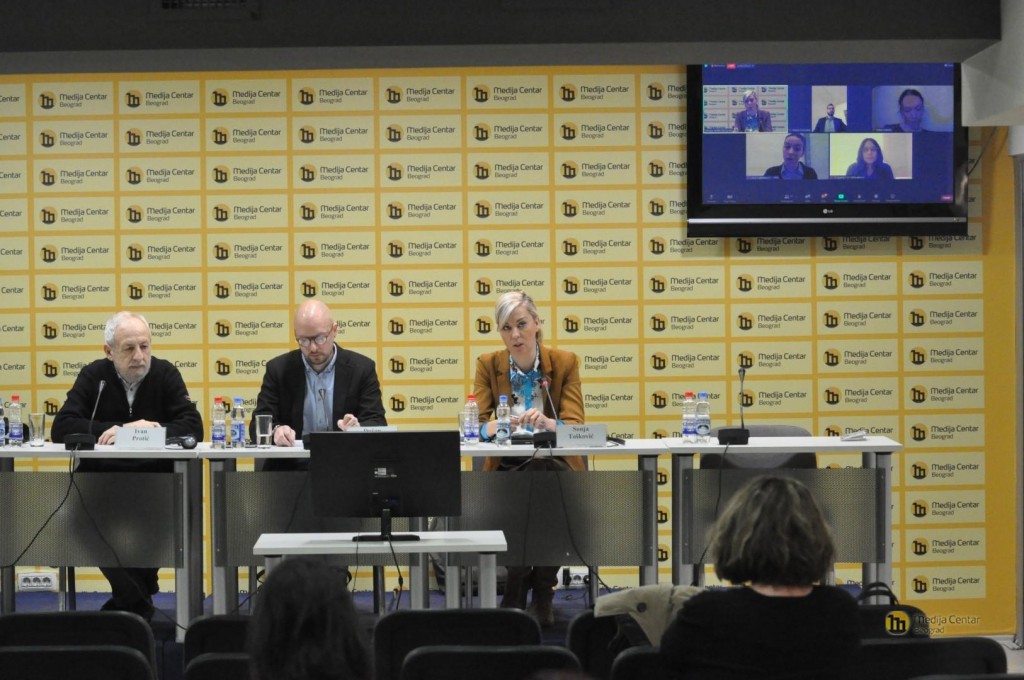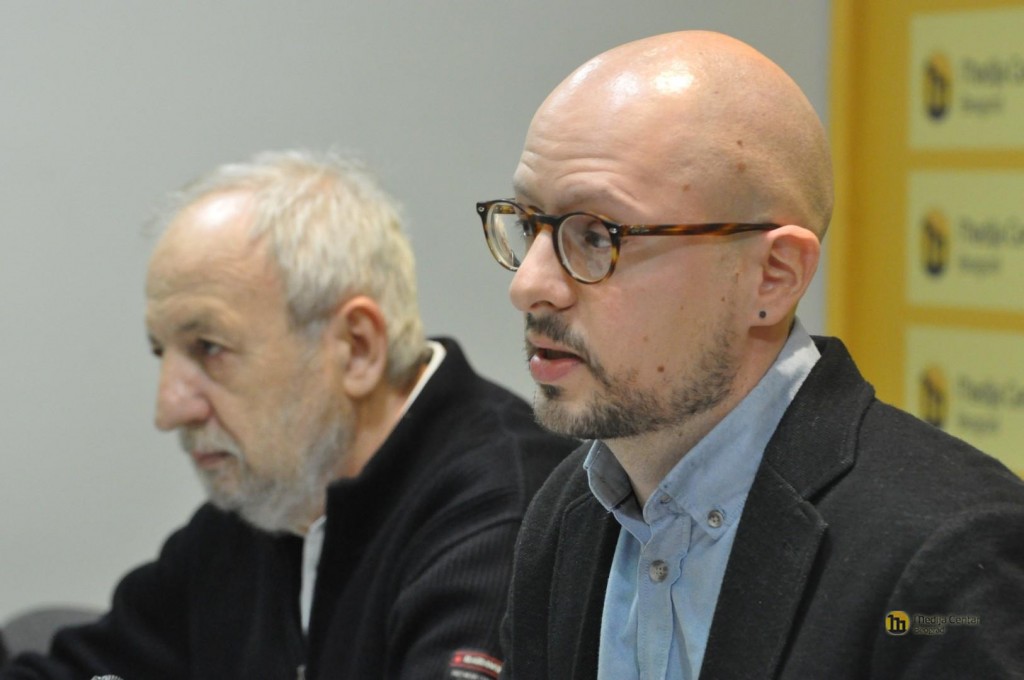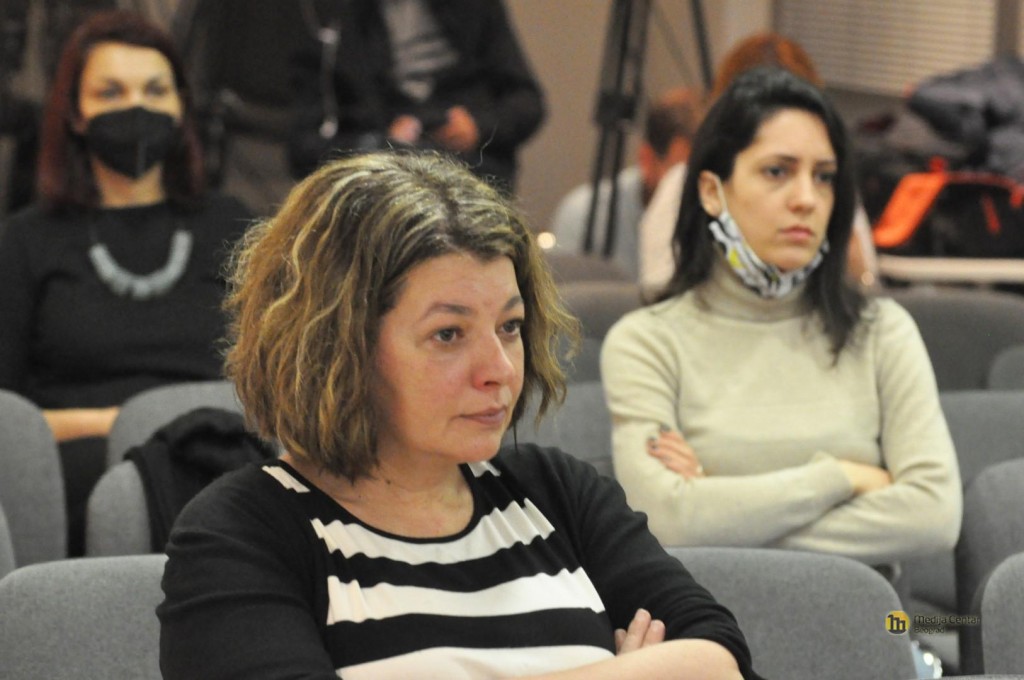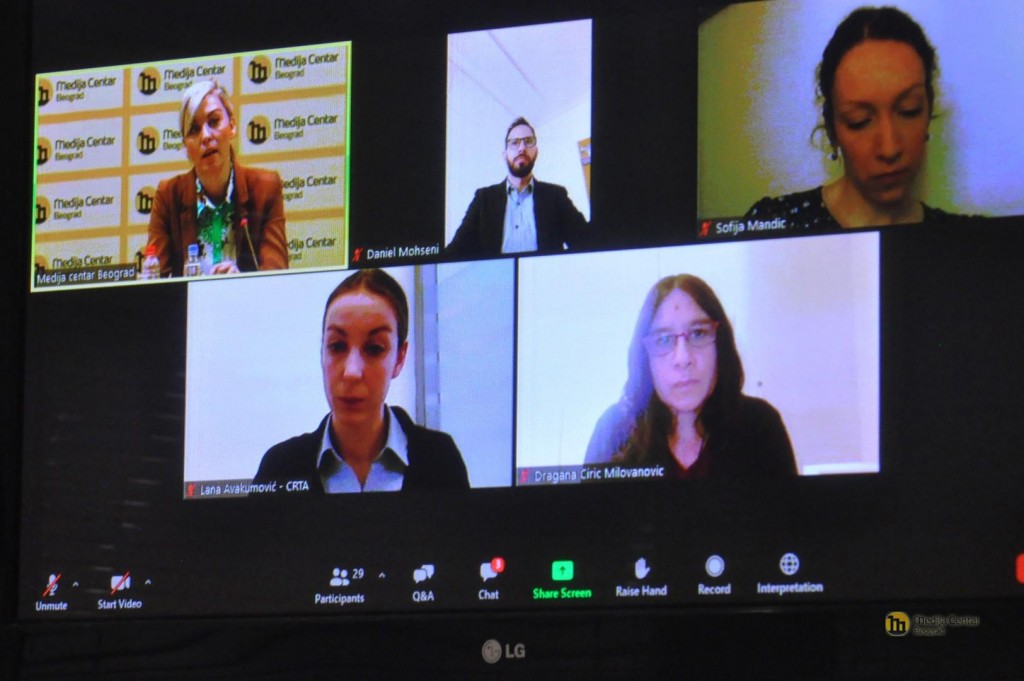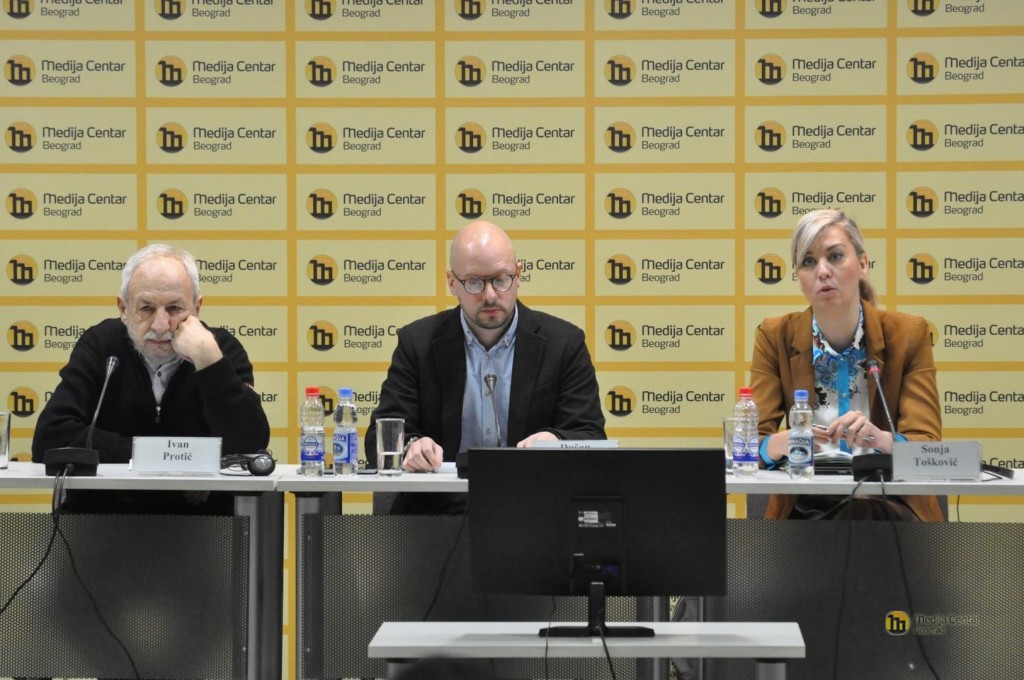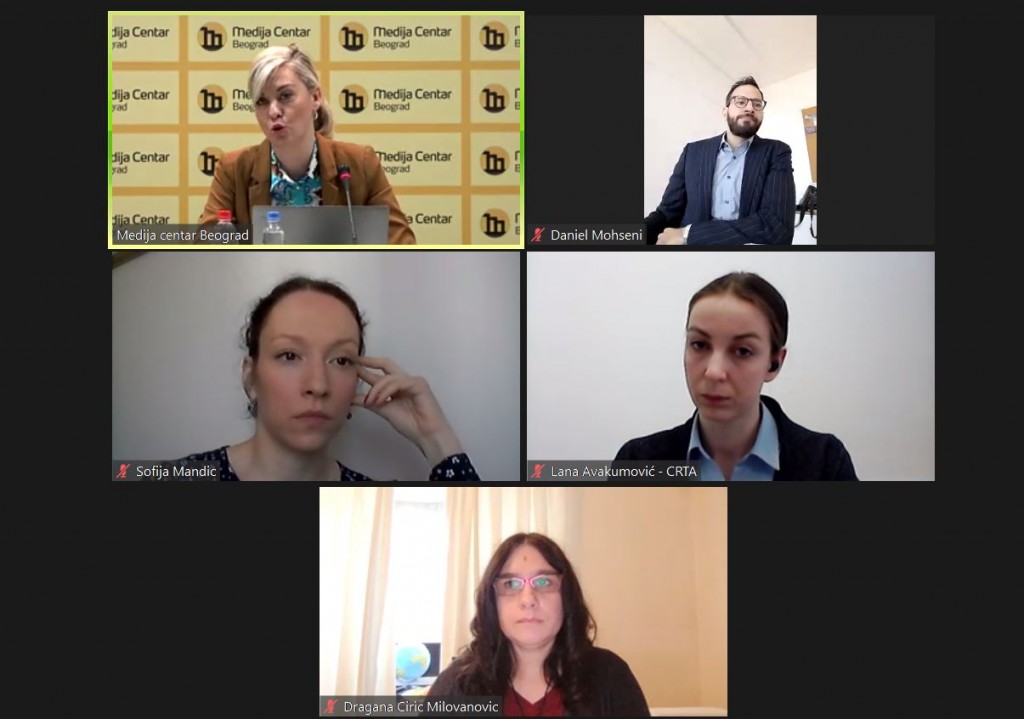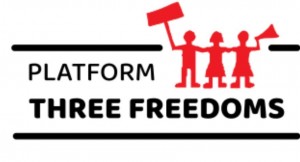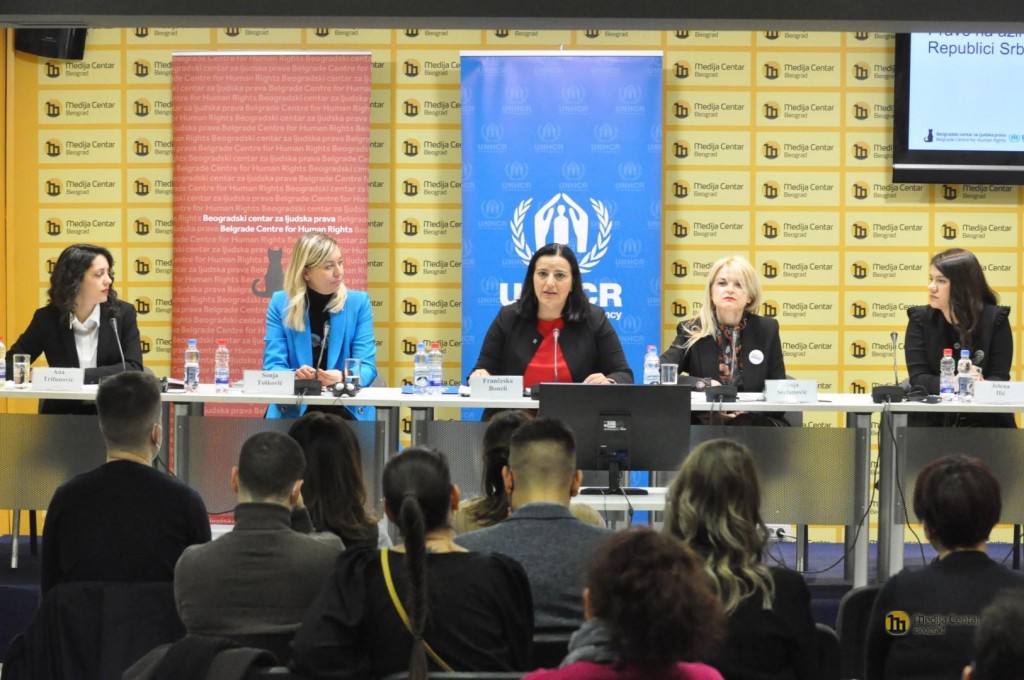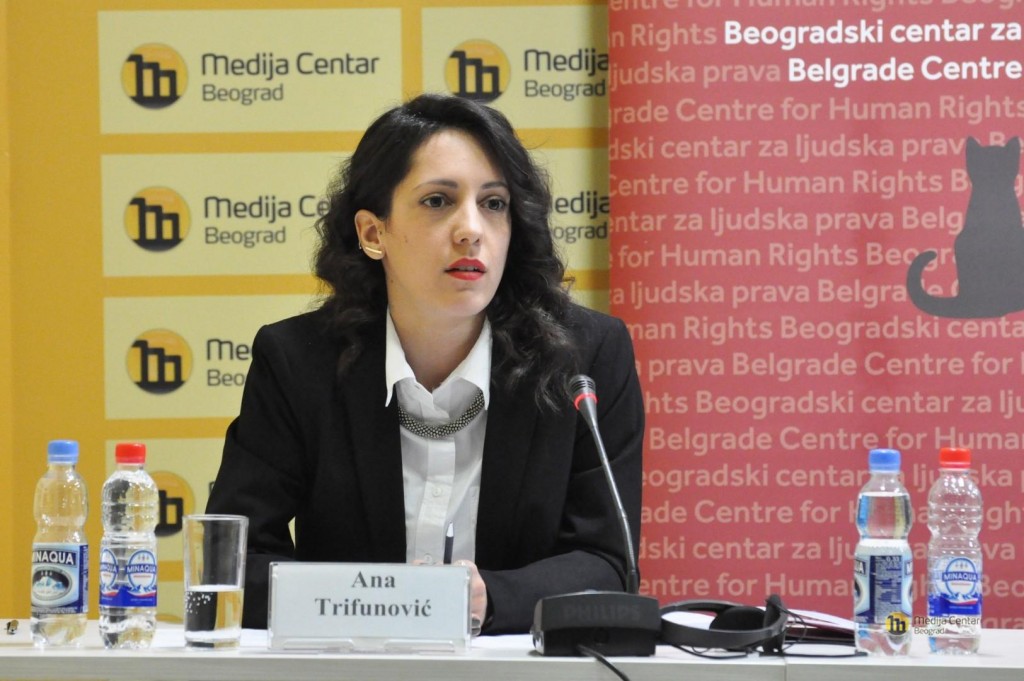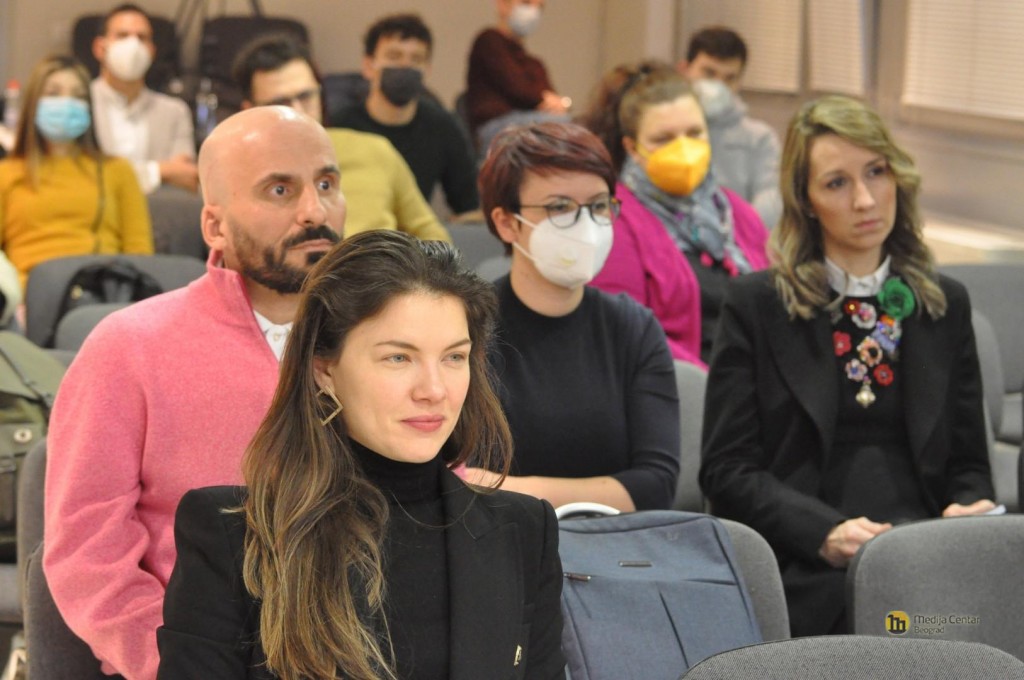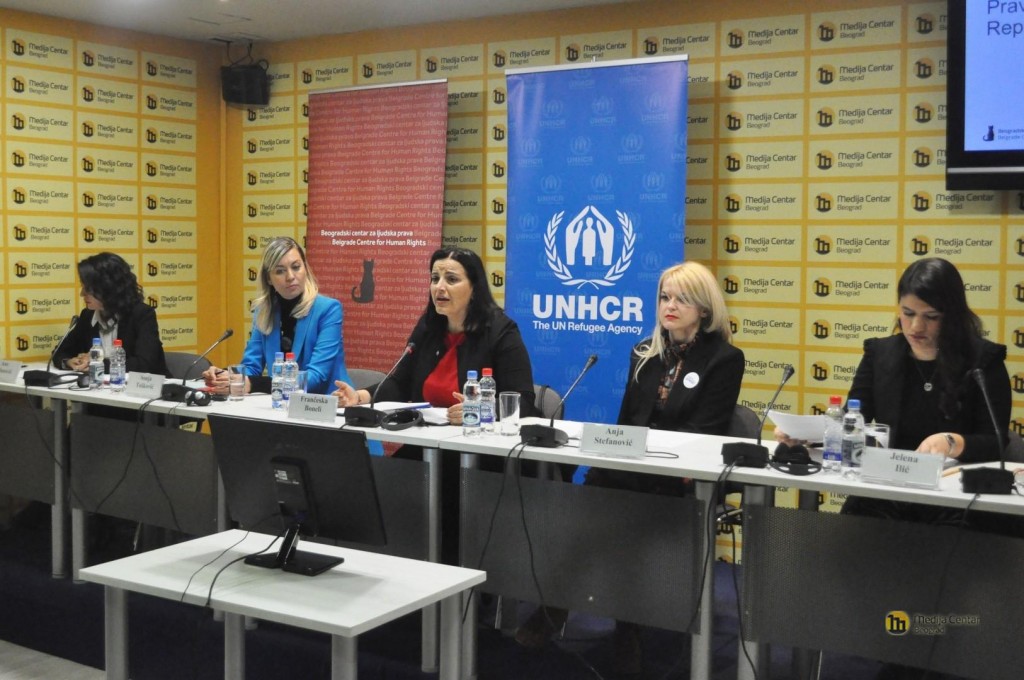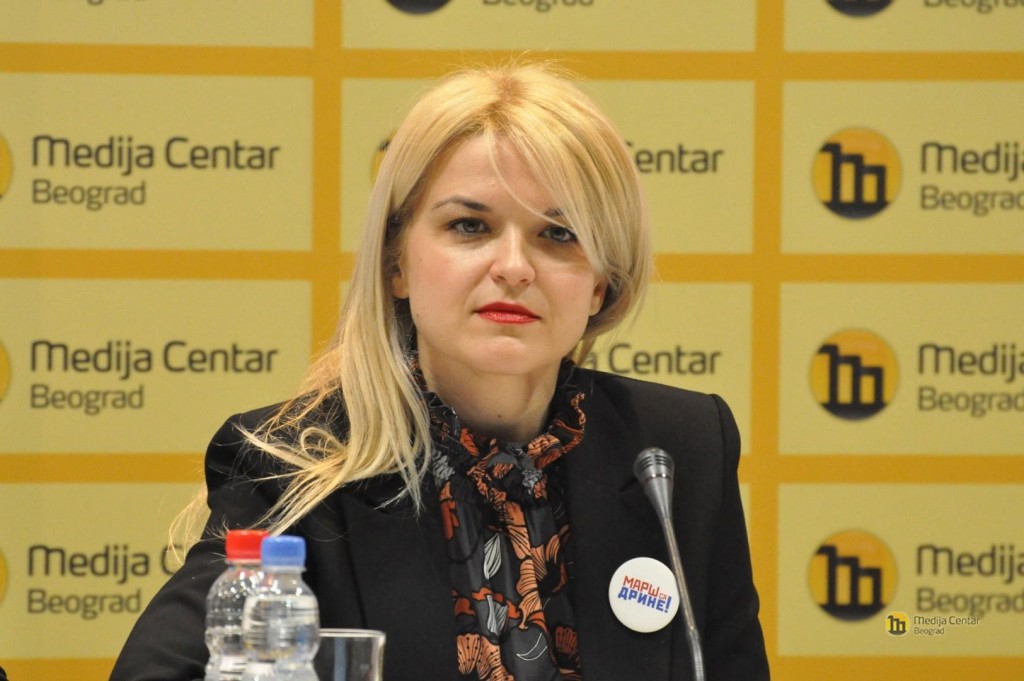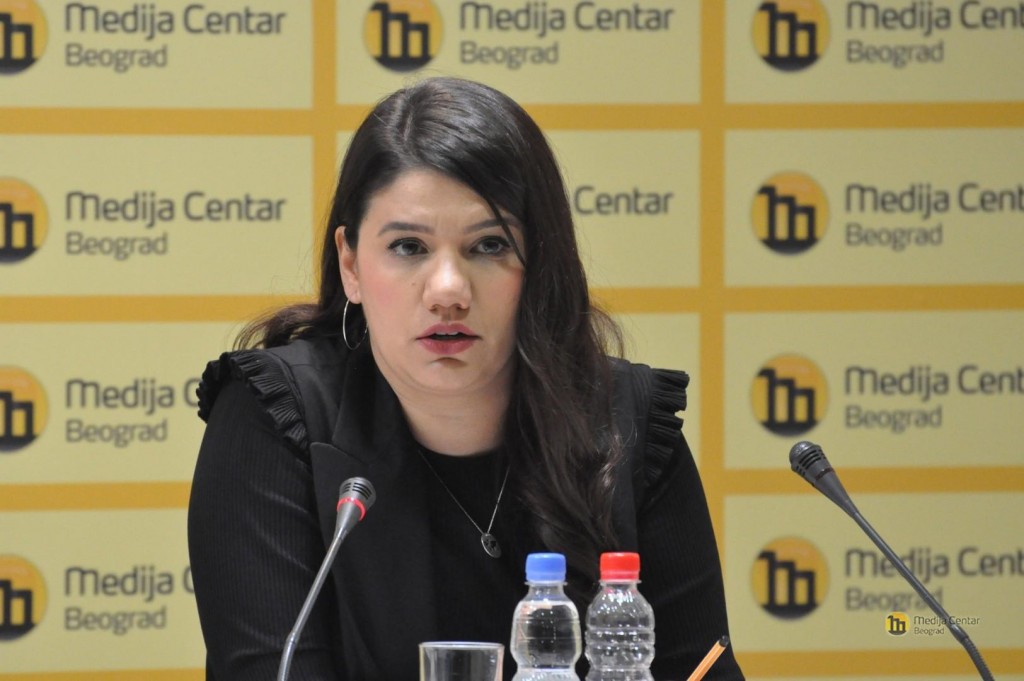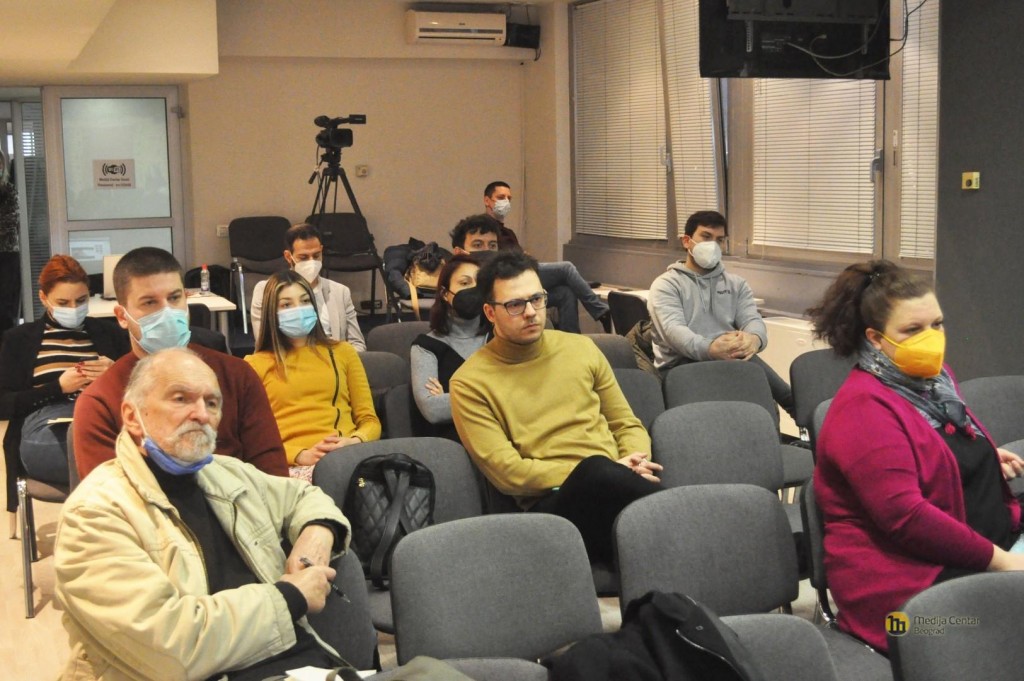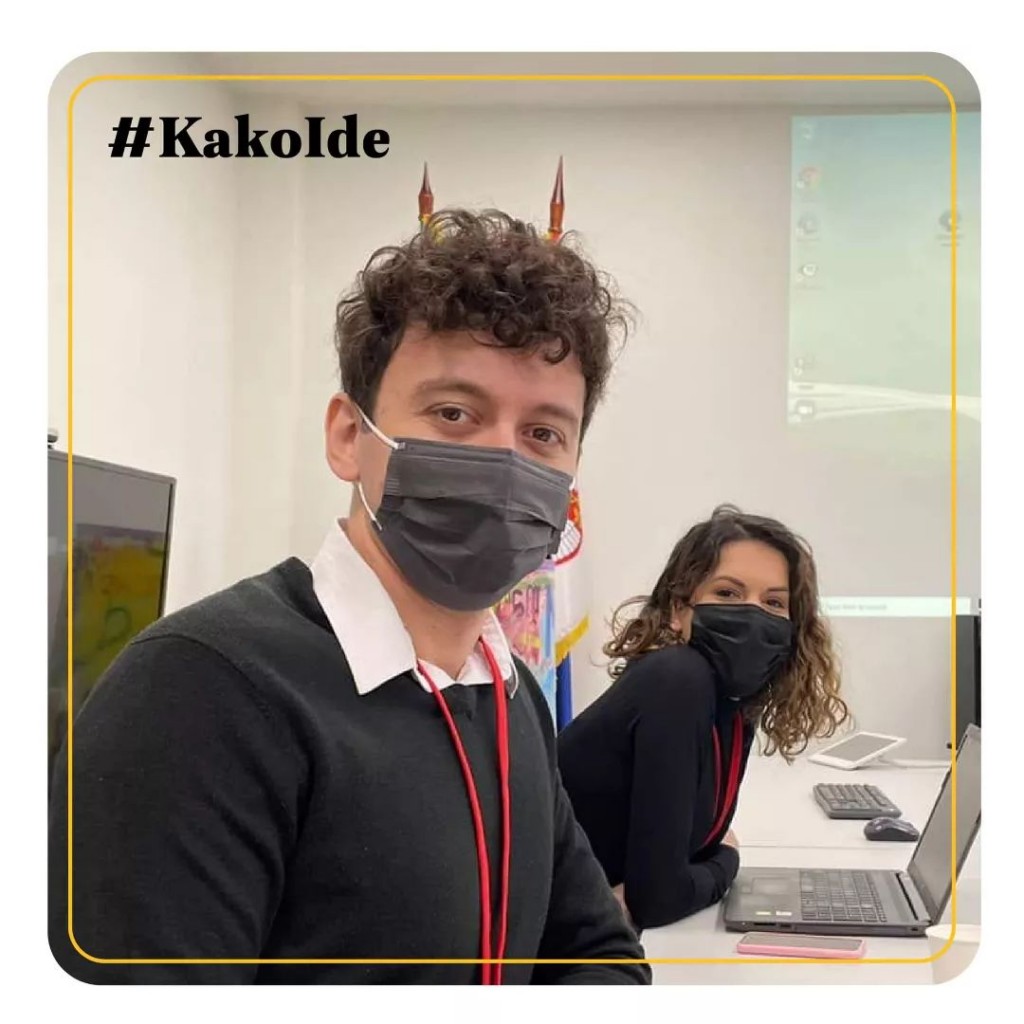The Youth Programme of the Belgrade Centre for Human Rights (BCHR) is opening its doors and communication channels to assist, support and show solidarity with Ukrainian youth fleeing their war ravaged country in search of refuge, safety and security. Many of them have been on the move for 10 days now, looking for a safer place to live, both inside Ukraine and in neighbouring and other countries, to which, according to UNHCR estimates, over one million people, over 500,000 of them children, have fled. Unfortunately, predictions are that the number of displaced Ukrainians will be up to 10 times higher.
Ukrainian youth are facing numerous challenges brought on by the winds of war – young 18-year-old men are subject to general mobilisation, while young girls and women are on the move, among hundreds of thousands of people fleeing for their lives. The first Ukrainian refugees arrived in Serbia several days ago; some of them are merely in transit, while others have found refuge and safety with their relatives and friends. All the relevant Serbian institutions and organisations expect that the number of refugees from Ukraine will increase in the coming period.
This is why BCHR’s Youth Programme has harnessed all its power and resources to extend aid and support, primarily to youth, as well as all other people from Ukraine, who find themselves in Serbia. We are networking with other NGOs extending humanitarian and psychological aid and support and we are in contact with youth organisations in Ukraine, collecting together the aid they now need the most.
As UNHCR’s partner, BCHR has been extending legal aid and advice free of charge to all refugees and asylum seekers, including those from Ukraine, since 2012. You can contact us for legal aid and advice via our websites bgcentar.org.rs and azil.rs, via our e-mails [email protected] and [email protected], and via our social media profiles @bgcentar (Twitter, Facebook, Instagram) and @mladibgcentar (Facebook and Instagram). The main information on the rights of refugees and asylum seekers is available on this link on UNHCR’s platform. You may also find useful the contact details of the Commissariat for Refugees and Migration of the Republic of Serbia and additional BCHR guidance in Ukrainian and Russian. We call on everyone to support ADRA Serbia’s campaign and send assistance to people who were forced to flee Ukraine via the following website: www.donacije.rs/projekat/
We call on Serbian institutions to do their utmost to provide humanitarian assistance to Ukraine’s population, to prepare for the potential inflow of refugees from war-torn areas, and to extend humanitarian and all other assistance to states bordering with Ukraine to preclude humanitarian disasters they may face due to the massive influx of refugees.
——————————
Молодіжна програма Бєлградського центру з прав людини (БЦПЛ) відкриває свої двері та канали зв’язку, щоб допомогти, підтримати та виявити солідарність з українською молоддю, яка біжить зі своєї розореної війною країни у пошуках притулку, безпеки та захисту. Багато з них уже 10 днів перебувають у переїздах у пошуках безпечнішого місця для проживання як усередині України, так і в сусідніх та інших країнах, куди, за оцінками УВКБ ООН, бігли понад мільйон людей, з яких понад 500 000 – діти . На жаль, за прогнозами кількість переміщених українців буде у 10 разів більшою.
Українська молодь стикається з численними випробуваннями, принесеними вітрами війни – 18-річні юнаки підлягають загальній мобілізації, а молоді дівчата та жінки вимушені вирушити в дорогу, як й сотні тисяч інших людей, що рятуються втечею. Кілька днів тому до Сербії прибули перші українські біженці; деякі з них продовжать шукати притулок, тоді як інші знайшли притулок та безпеку у своїх родичів та друзів. Усі відповідні сербські установи та організації очікують, що кількість біженців з України у майбутній період збільшиться.
Ось чому Молодіжна програма БЦПЛ направила всі свої сили та ресурси на надання допомоги та підтримки насамперед молоді, а також усім іншим людям з України, які опинилися у Сербії. Ми співпрацюємо з іншими НУО, які надають гуманітарну та психологічну допомогу та підтримку, і ми підтримуємо контакт з молодіжними організаціями в Україні, збираючи допомогу, якої вони зараз найбільше потребують.
Як партнер УВКБ ООН, БЦПЛ надає безкоштовну юридичну допомогу та консультації всім біженцям та особам, які шукають притулку, зокрема з України, з 2012 року. Ви можете зв’язатися з нами для отримання юридичної допомоги та консультації через наші веб-сайти bgcentar.org.rs і azil.rs , на електронну пошту [email protected] і [email protected], а також через наші профілі в соціальних мережах @ bgcentar (Twitter , Facebook , Instagram ) та @ mladibgcentar (Facebook та Instagram). Основна інформація про права біженців та прохачів притулку доступна за цим посиланням на платформі УВКБ ООН. Вам також можуть стати в нагоді контактні дані Комісаріату у справах біженців та міграції Республіки Сербія та додаткове керівництво БЦПЛ українською та російською мовами. Ми закликаємо всіх підтримати кампанію ADR RA Serbia та надіслати допомогу людям, які були змушені втекти з України, через веб-сайт: www.donacije.rs/projekat/
Ми закликаємо сербські установи зробити все можливе для надання гуманітарної допомоги населенню України, підготуватися до можливого припливу біженців із охоплених війною районів, а також надати гуманітарну та будь-яку іншу допомогу державам, що межують з Україною, для запобігання можливим гуманітарним катастрофам у зв’язку з масовим напливом біженців.







